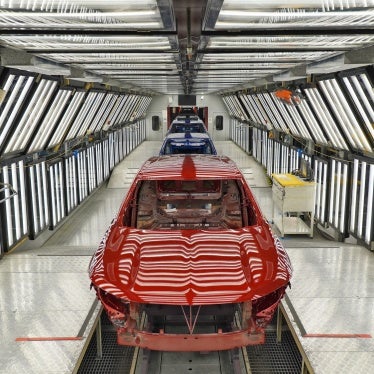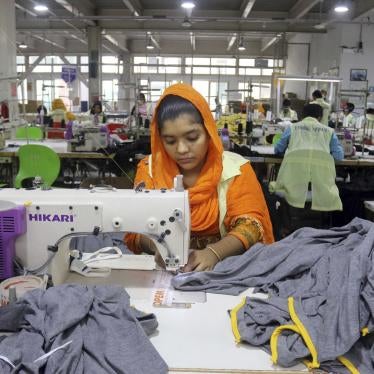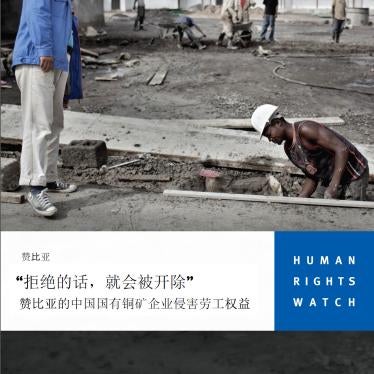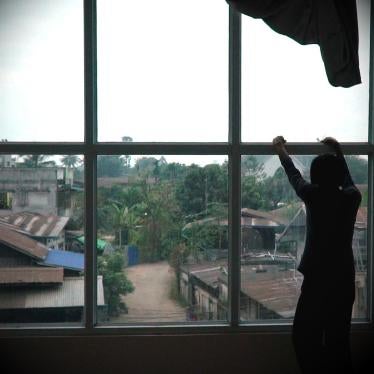VOICEOVER:
Do you have a car?
If so, then parts of your car could be made with forced labor from China.
Let's explain how.
The first thing you need to know is that factories in China make the most cars in the world.
Major brands such as General Motors, Tesla, BYD, Toyota, and Volkswagen manufacture and sell cars in China.
Factories in China are also increasingly exporting cars and car parts to global markets.
So where does the forced labor come in?
Well, almost 10 percent of the world’s aluminum, a key material for car making, is produced in the Xinjiang region of China.
Xinjiang is home to the Uyghurs, a predominantly Muslim Turkic ethnic group whose culture and language are different from China’s majority Han population.
The Chinese government has long repressed Uyghurs and in recent years committed crimes against humanity in Xinjiang.
The government’s abuses include:
- An estimated one million arbitrary detentions.
- an intrusive mass surveillance system
- (and) cultural and religious persecution
The Chinese government has also subjected Uyghurs and other Turkic Muslim communities to forced labor, both in detention centers and through labor transfer programs.
Labor transfers relocate Uyghurs from their homes in rural areas to urban areas to work in factories.
Teams of government officials go door-to-door to identify candidates for transfers.
Human Rights Watch and other organizations analyzed hundreds of Chinese government and company documents available online, and found links between Xinjiang’s aluminum producers and labor transfers.
Uyghurs fear detention or other sanctions if they refuse the transfers, so there’s little choice but to accept the jobs and relocate.
Labor transfer workers frequently face ideological indoctrination and limits on their freedom of movement.
So how could aluminum produced by forced labor end up in your car?
Aluminum from Xinjiang is exported to other regions of China, where it is melted down again, enabling it to enter global supply chains undetected.
And maybe into the car that you use.
Car companies are aware of the Chinese government’s repression of Uyghurs and the risk of forced labor in their supply chain.
But some carmakers have succumbed to Chinese government pressure to apply weaker human rights and responsible sourcing standards in their operations in China.
Consumers should not have to buy or drive vehicles with links to grave abuses in Xinjiang.
So, what can be done?
When looking to buy a new car, consumers should ask manufacturers how they protect against links to human rights abuses, including forced labor in Xinjiang.
Car companies should require their suppliers, in China and elsewhere, to prove the source of raw materials and show they are free from human rights violations.
Countries should require companies to disclose their supply chains and prohibit the import of products containing parts or materials produced by forced labor.
The cars we drive shouldn’t be made with forced labor.










